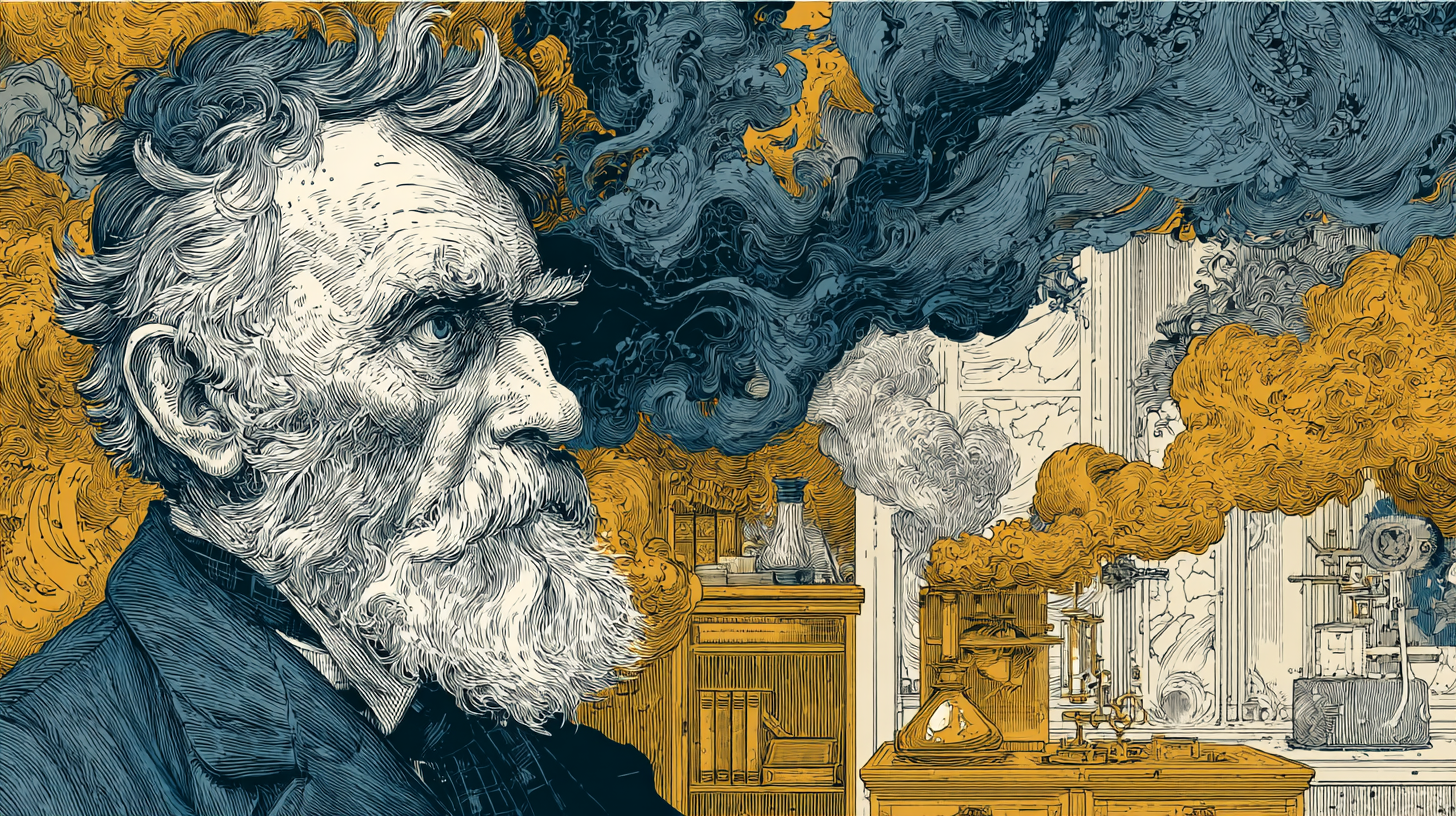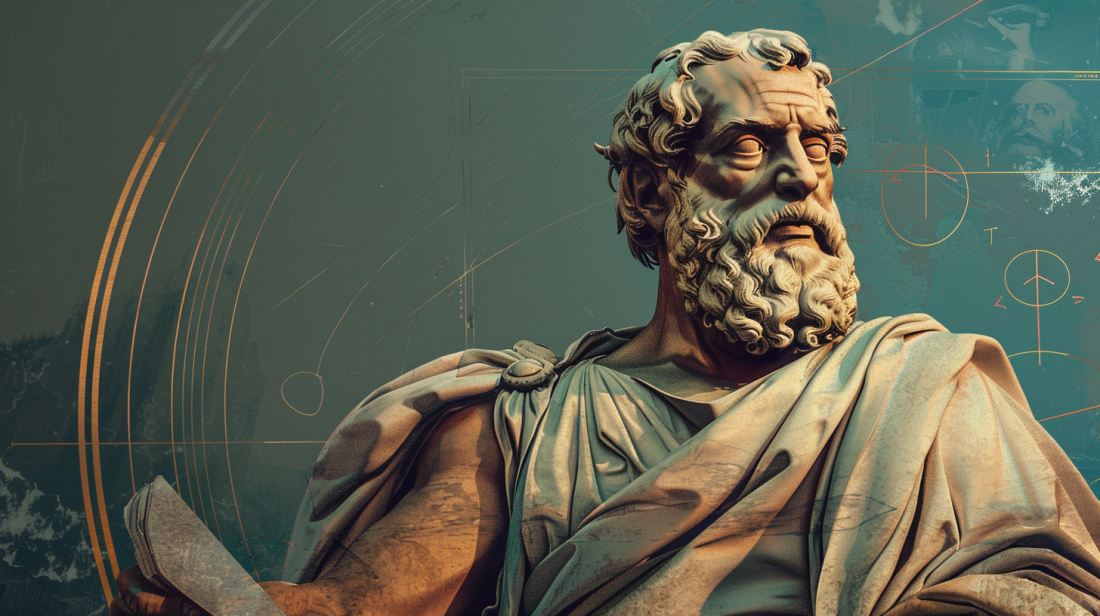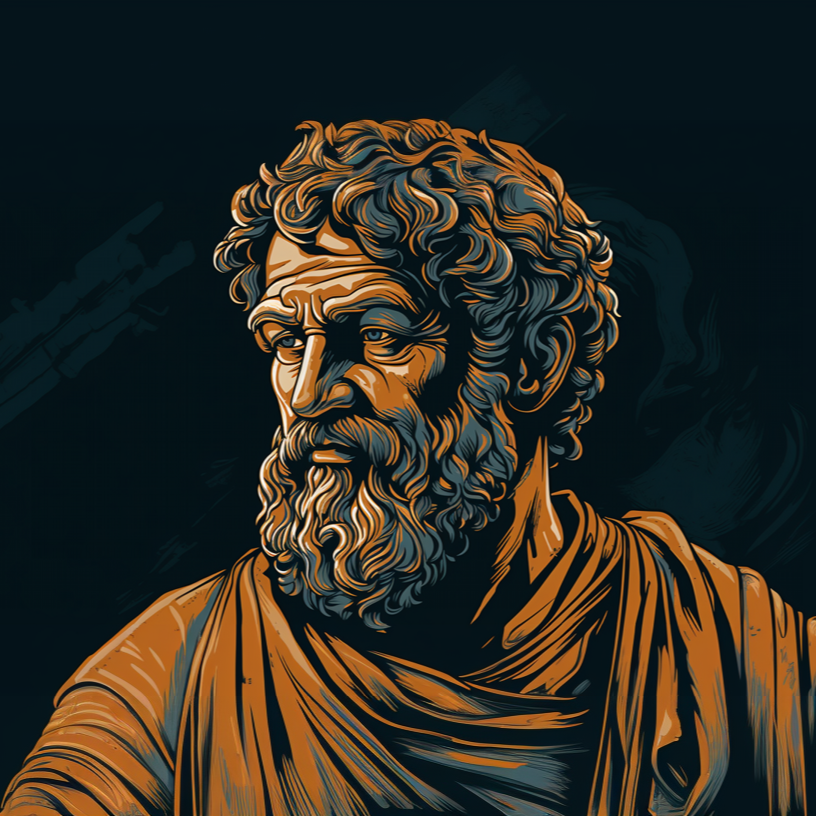
78b–80e
[…] “Now is not that which is compounded and composite naturally liable to be decomposed, in the same way in which it was compounded? And if anything is uncompounded is not that, if anything, naturally unlikely to be decomposed? […]
“Then it is most probable that things which are always the same and unchanging are the uncompounded things and the things that are changing and never the same are the composite things?”
“Yes, I think so.”
“Let us then,” said he, “turn to what we were discussing before. Is the absolute essence, which we in our dialectic process of question and answer call true being, always the same or is it liable to change? Absolute equality, absolute beauty, any absolute existence, true being—do they ever admit of any change whatsoever? Or does each absolute essence, since it is uniform and exists by itself, remain the same and never in any way admit of any change?”
“It must,” said Cebes, “necessarily remain the same, Socrates.”
“But how about the many things, for example, men, or horses, or cloaks, or any other such things, which bear the same names as the absolute essences and are called beautiful or equal or the like? Are they always the same? Or are they, in direct opposition to the essences, constantly changing in themselves, unlike each other, and, so to speak, never the same?”
“The latter,” said Cebes; “they are never the same.”
[…]
“And you can see these and touch them and perceive them by the other senses, whereas the things which are always the same can be grasped only by the reason, and are invisible and not to be seen?”
“Certainly,” said he, “that is true.”
“Now,” said he, “shall we assume two kinds of existences, one visible, the other invisible?”
“Let us assume them,” said Cebes.
“And that the invisible is always the same and the visible constantly changing?”
“Let us assume that also,” said he.
“Well then,” said Socrates, “are we not made up of two parts, body and soul?”
“Yes,” he replied.
“Now to which class should we say the body is more similar and more closely akin?”
“To the visible,” said he; “that is clear to everyone.”
“And the soul? Is it visible or invisible?”
“Invisible, to man, at least, Socrates.”
[…]
“And the body?”
“Is more like the other.”
[…]
“Then see, Cebes, if this is not the conclusion from all that we have said, that the soul is most like the divine and immortal and intellectual and uniform and indissoluble and ever unchanging, and the body, on the contrary, most like the human and mortal and multiform and unintellectual and dissoluble and ever changing.”














